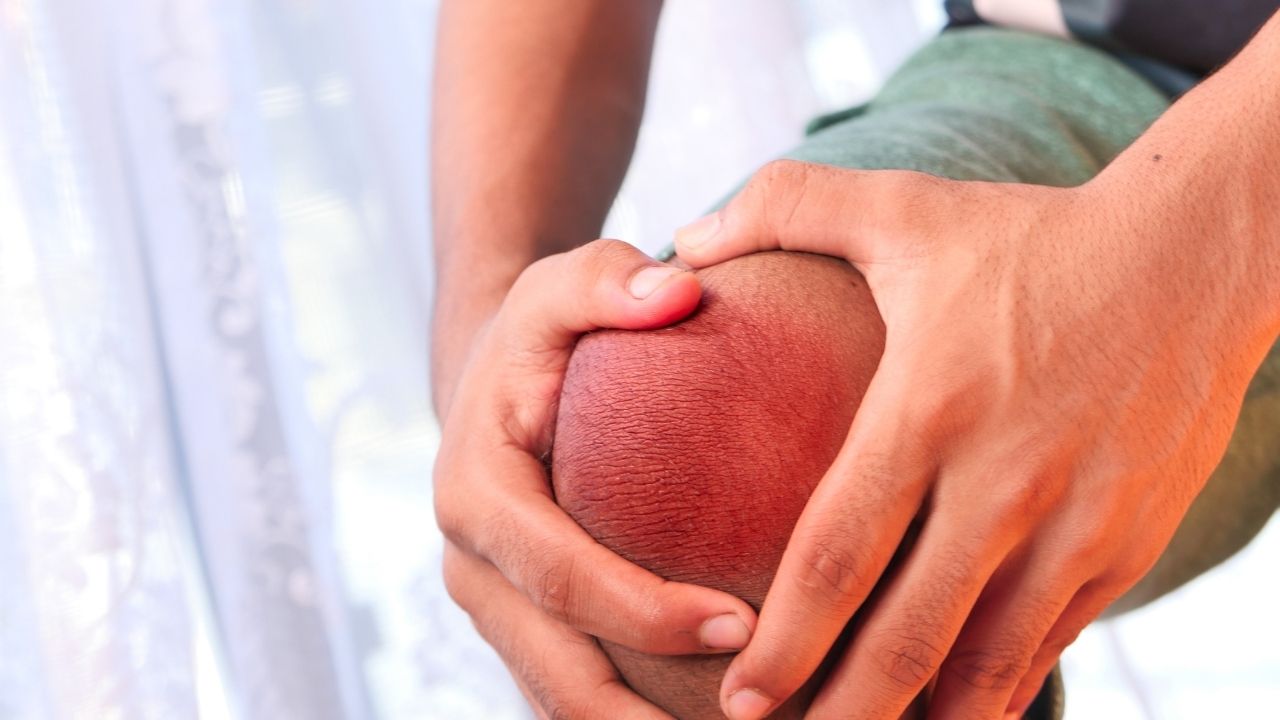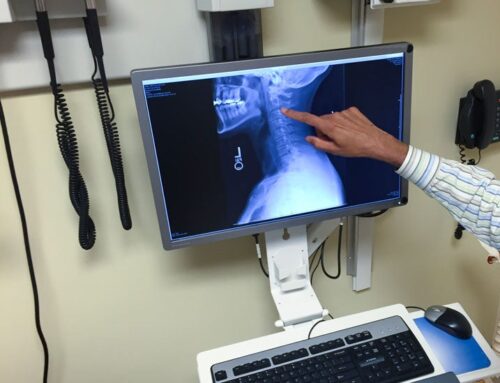Overview
Joints are the structures that connect two or more bones in your body. They’re found in your feet, ankles, knees, hips, arms, and many other parts of your body.
Joints are surrounded and cushioned by soft tissues. Swelling occurs when fluid accumulates in these tissues. Pain, stiffness, or both may accompany joint swelling. You may also notice that the affected joint appears bigger than normal or irregularly shaped.
Joint swelling can be a symptom of a chronic condition, such as arthritis, or an injury that requires medical attention, such as a dislocation.
What causes joint swelling?
One of the most frequent causes of joint swelling is arthritis. Some of the most common types of arthritis include:
- osteoarthritis
- rheumatoid arthritis
- gout
- psoriatic arthritis
- septic arthritis
Joint swelling can also result from other chronic conditions, illnesses, or acute injuries.
Osteoarthritis
Osteoarthritis is the most common type of arthritis. It’s caused by the natural deterioration of joint cartilage over time.
When the cartilage surrounding your joint wears away, the bones rub up against each other. This can result in joint swelling, pain, and stiffness.

Rheumatoid arthritis
Approximately 1.5 million people in the United States have rheumatoid arthritis (RA), according to the Arthritis Foundation. This inflammatory form of arthritis is also an autoimmune disorder — a type of condition in which your body attacks its own healthy tissues.
If you have RA, your immune system attacks the membranes that line your joints, causing fluid to build up and your joints to swell. It can damage the cartilage, tendons, and ligaments in your joints.
Gout
In gout, an increase of uric acid in your blood can result in the deposit of uric acid crystals in your joints, leading to joint swelling and pain. This painful condition can be acute or chronic.
Gout affects about 6 million men and 2 million women in the United States, or about 4 percent of American adults, reports the Arthritis Foundation.
Uric acid is a by-product that your body creates when breaking down certain substances in food. It normally dissolves in your blood and exits your body through urination.
When it isn’t excreted properly, it can build up in your joints, where it forms needle-like crystals. This causes the symptoms of gout, including joint swelling.
Psoriatic arthritis
Psoriatic arthritis is a type of arthritis that can accompany the skin condition psoriasis.
The Arthritis Foundation estimates that about 30 percent of people with psoriasis have psoriatic arthritis. It’s an autoimmune condition, in which your immune system attacks healthy tissue in your joints and skin. This results in inflammation, causing joint swelling, pain, and stiffness.
Septic arthritis
Joint swelling can also result from an infection in your joints, caused by bacteria, viruses, or fungi. This type of joint swelling is called septic arthritis. According to the Mayo Clinic, the most common cause of septic arthritis is infection by Staphylococcus aureus bacteria.
Septic arthritis can be chronic or acute. Chronic septic arthritis is rare.
Other causes
Many other types of arthritis can cause your joints to swell, as can other health conditions. Examples include:
- injuries, such as bone fractures, dislocations, torn ligaments, and torn tendons
- ankylosing spondylitis, a chronic disease that causes joint inflammation
- systemic lupus erythematosus (lupus), an autoimmune disorder that causes inflammation
- hypothyroidism (underactive thyroid)
- sarcoidosis, a disease in which clusters of inflammatory cells collect in your body
- rheumatic fever, an inflammatory disease that results from untreated strep throat or scarlet fever
- tendinitis, inflammation of a tendon




